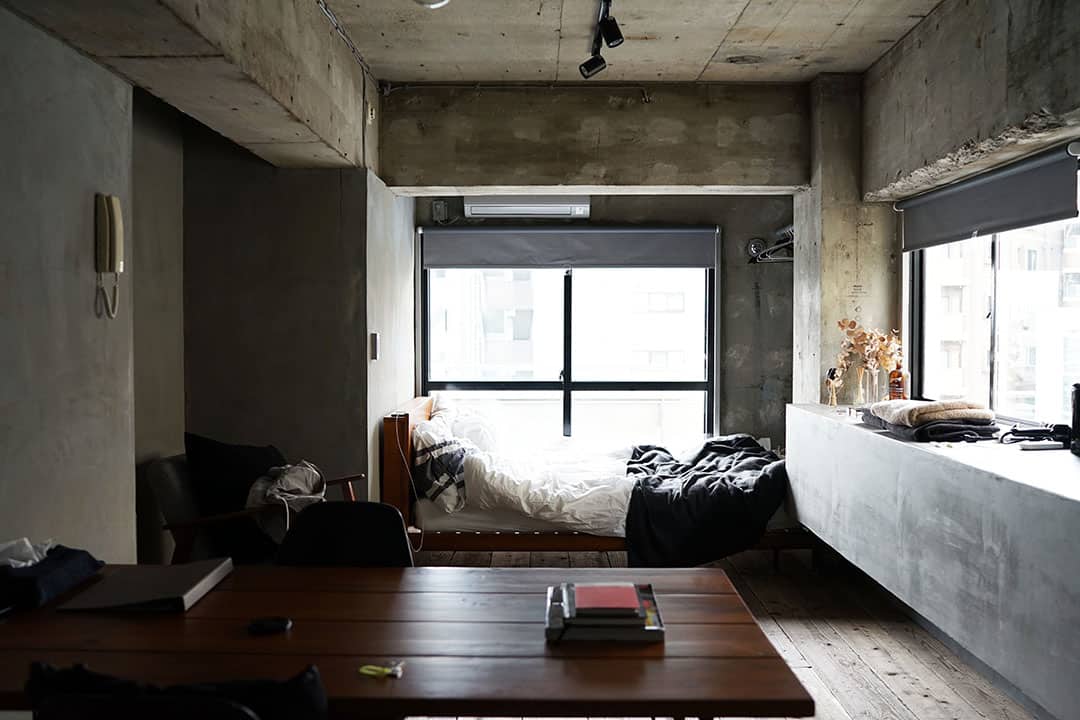Effective ways of sleeping.
As mentioned in previous weeks, sleep is vital to our health and wellbeing, it’s the quality of sleep that matters and sometimes it can be an indicator of something further wrong. In the busy world we live in today, both sleep quality and quantity has declined, so much so that many people regularly get poor sleep (Scullin & Bliwise, 2016). This week we’ll look into ways that we can improve our sleep and share some tips and tricks of getting a good night’s sleep.
People have different ways of getting a good night’s sleep, you just have to find what’s right for you. For example, find out what type of showerer you are! Sometimes, people prefer taking a shower or bathing at night as they find it soothing and relaxing to then fall into bed. For other people it wakes them up, so they find it better to do so in the morning rather than staying awake at night!

One good tip: avoid napping. Although power napping may help us to get through the day it can actually confuse the body’s circadian rhythm (that internal body clock of ours that influences our sleep-wake cycle). Naps can be great when you do them and make us feel refreshed, but they may not be great for our nighttime sleeping routine: it can make it harder for us to fall asleep, and consequently, harder to wake up the next morning. One study found that participants ended up being sleep after taking daytime naps (McDevitt, Alaynick & Mednick, 2012).
Another tip for a good night’s sleep: avoid caffeine. Yawning at work and going to grab a red bull may be a quick fix but could probably be part of the yawning in the first place – because caffeine can keep us up at night. Now, that’s not to say we should go without our coffee fix, but maybe just try and drink it in the morning, then avoid teas, coffees and red bulls after lunchtime – caffeine can stimulate the nervous system and may stop our body from naturally relaxing at night.

Many of us struggle to sleep during the week, and try to make up for all the sleep missed on the weekend. But this can lead to us getting really tired on a Monday morning as our sleep schedule has gone out of sync for the last two days. Lie-ins are wonderful but try not to make it longer than two hours more than the usual wake time during the week so that our bodies don’t struggle to get back into a pattern.
A good night’s sleep is just as important as regular exercise and a healthy diet. Therefore another useful tip: Exercise! Try and do at least 30 minutes of exercise a day. It doesn’t necessarily have to involve lifting weights or going to the gym, it can be as simple as getting off the bus or tube one stop early and walking that little bit further. It uses up more energy so that it may be easier to become tired and ready for sleep! Good sleep can help us to eat less, exercise better and be healthier (Leproult & Van Cauter, 2010).

For many people, being on their phone before they sleep keeps them awake too – lessen screen time. For others though, looking at memes on Instagram can help distract from things and fall asleep. But screen time before bed can be quite bad for many, not just with social media keeping them up through the night but for eyesight. Experts recommend turning electrical devices that emit ‘blue light’ (such as laptops and smartphones), off about an hour before bed, and doing something else to relax e.g. reading.
Another tip which can calm us down is to remember Allah SWT whilst we’re trying to drift off.There are many ad’iyah (supplications) to calm the soul which could help as well as practicing the Sunnah by reading Ayat al-Kursi, Surah Ikhlaas, Falaq and Naas (each three times) in bed before going to sleep.
A tip I received from a friend said to think about Jannah before falling asleep and make dua for a restful sleep as it helps in calming oneself down, staying grounded and drifting off thinking positive thoughts insha’Allah (if Allah wills). Kind of like a Muslim-y version of counting sleep! Thinking about Allah SWT and worshipping Him before bed helps as it can put us in a calm mindset to be able to sleep well.

As with all the tips, it may work for some and not others but it may be beneficial spending some time trying a new tip each week and finding what works best.
Personally, I’ve always been great at sleeping alhamdulillah (praise the Lord) – I fall asleep on public transport, and often mid-sentence. So I know that when I’m having trouble sleeping, that something may be wrong, perhaps anxious or scared about something, but to be honest, I haven’t yet found something that will work every time for me, sometimes one thing works, and other times something completely different works!
What helps you sleep? Let us know in the comments below if you have any top tips!!




